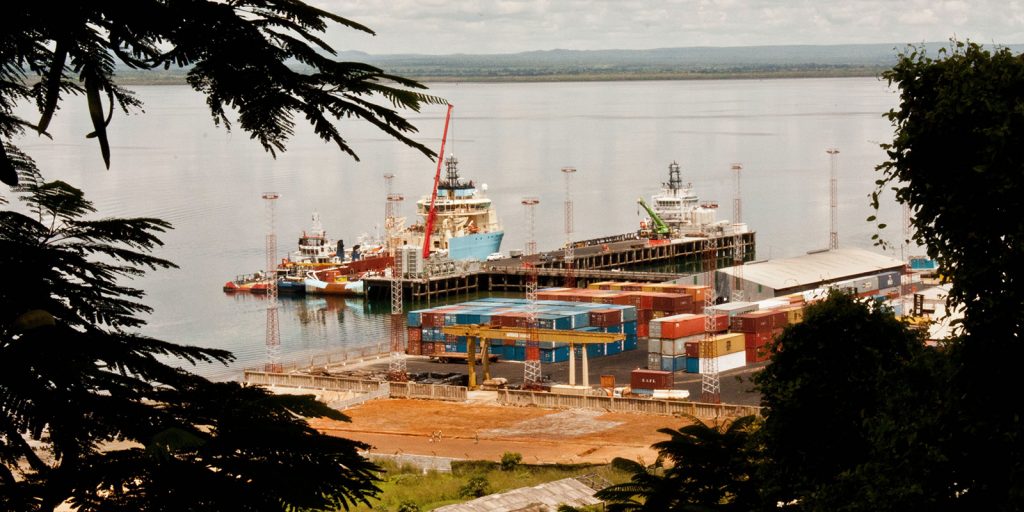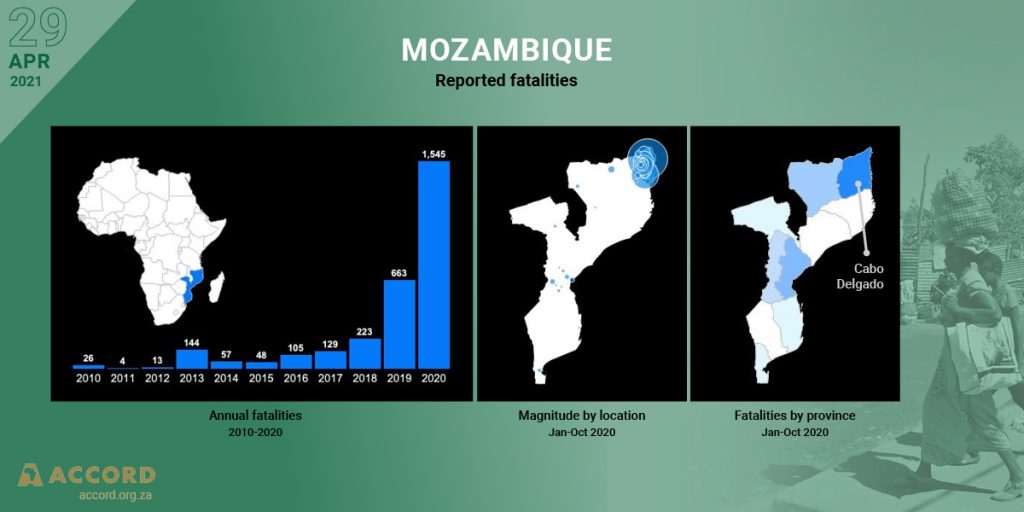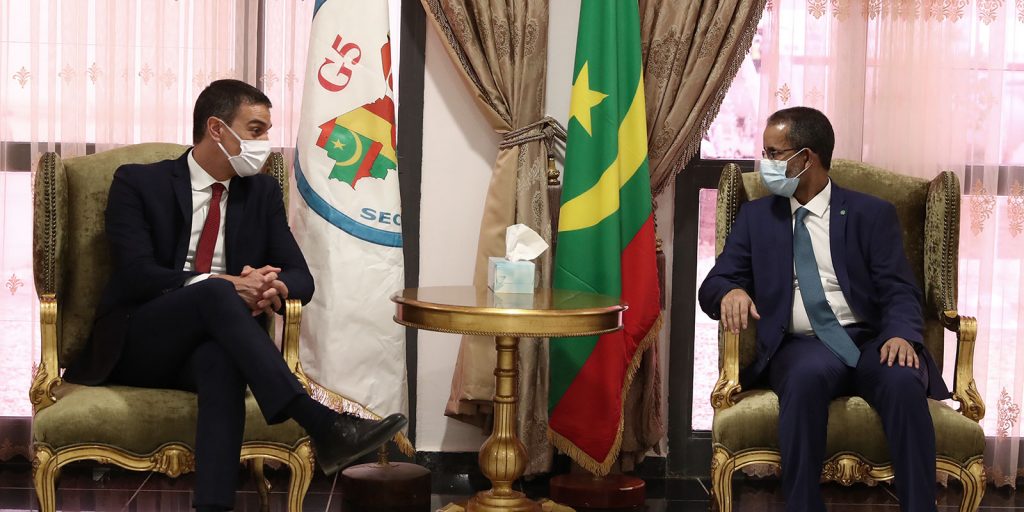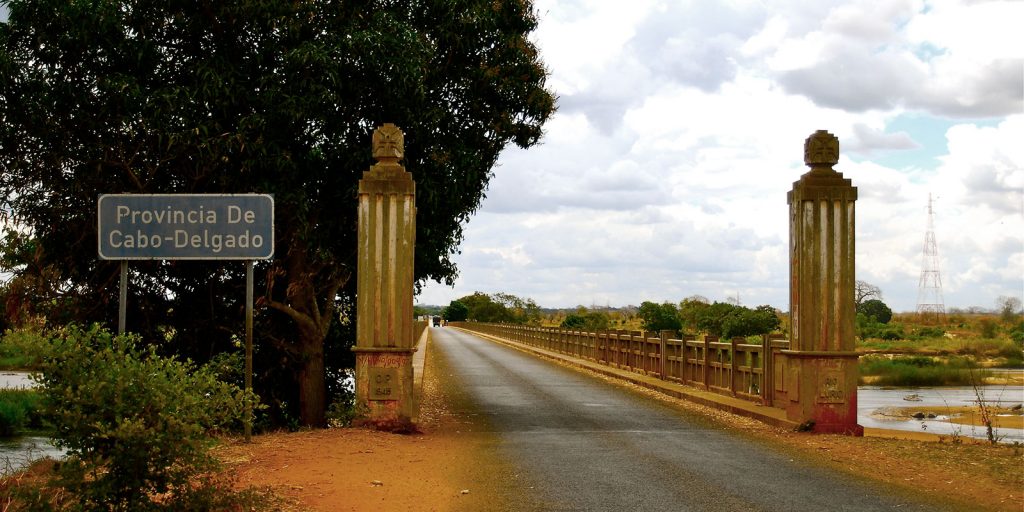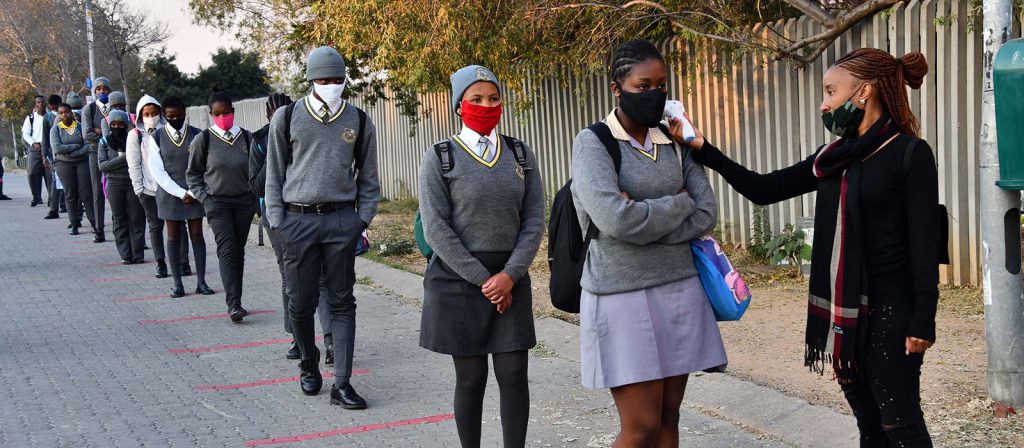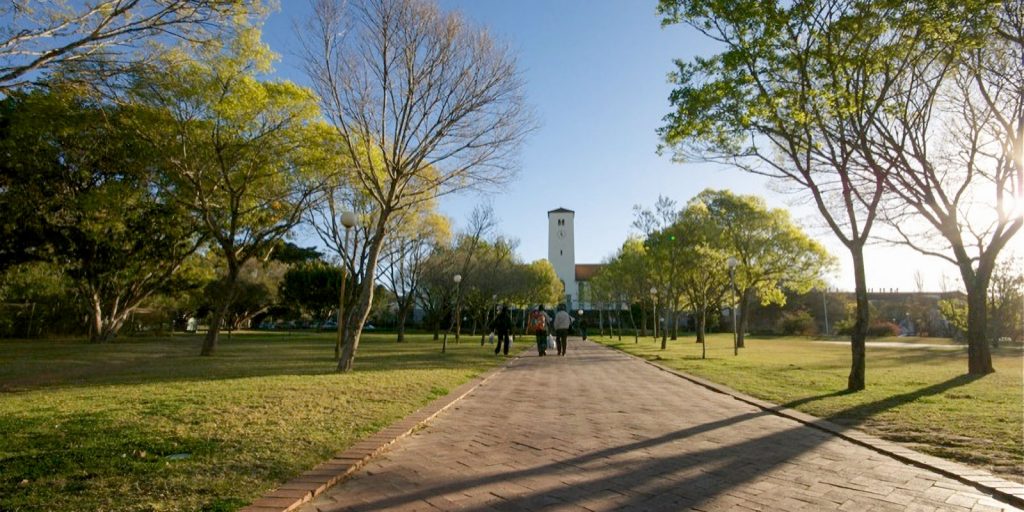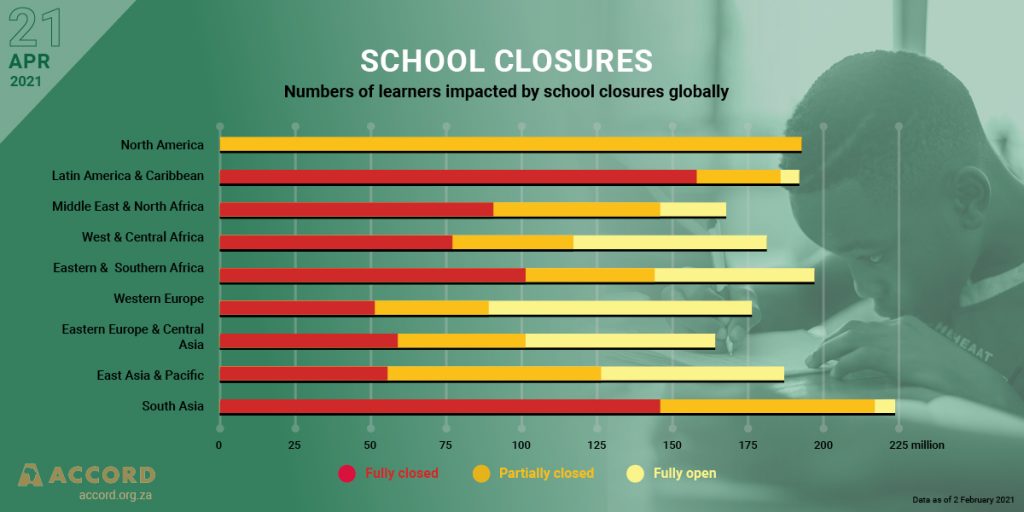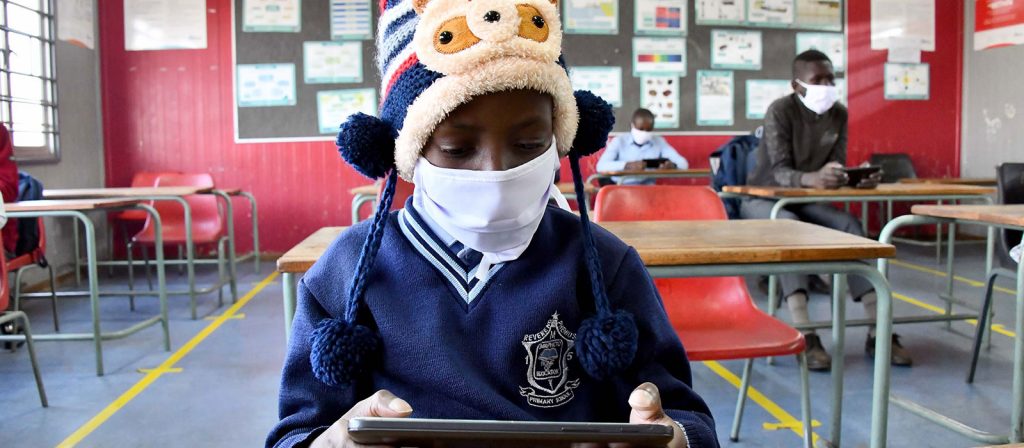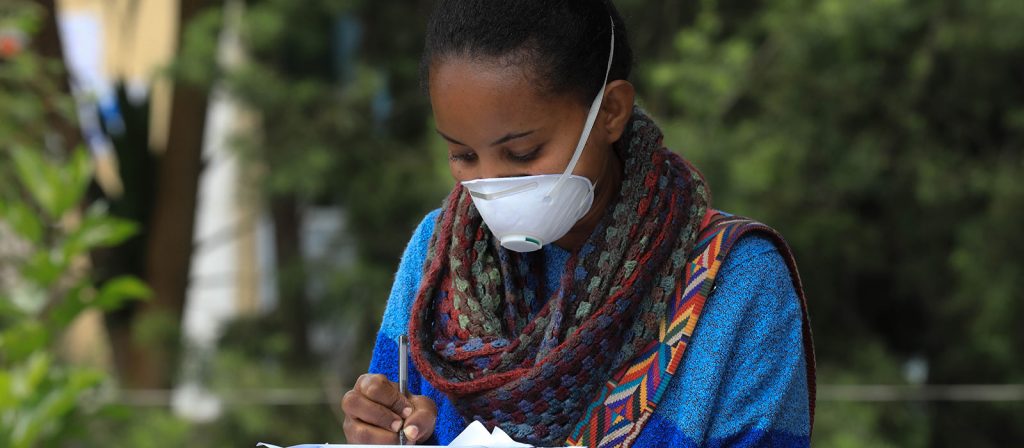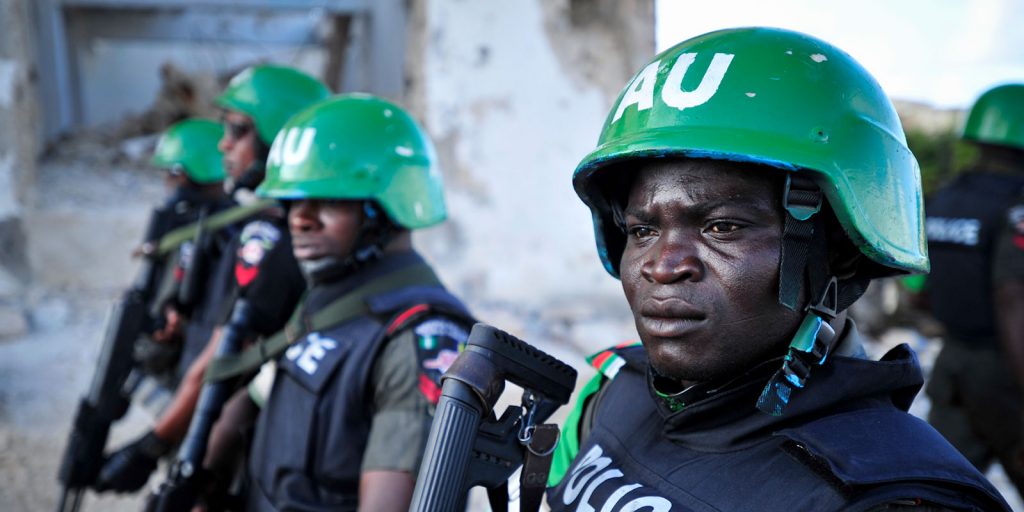
Lessons for Cabo Delgado from the African experience in Somalia
What can we learn from the African Mission in Somalia (AMISOM) for Cabo Delgado? One key lesson from the Somalia experience is that a security operation like AMISOM can create the opportunity for stabilisation, but for that opportunity to be turned into reality one needs a significant focus on political engagement, governance, rule of law, basic services and socio-economic development.

